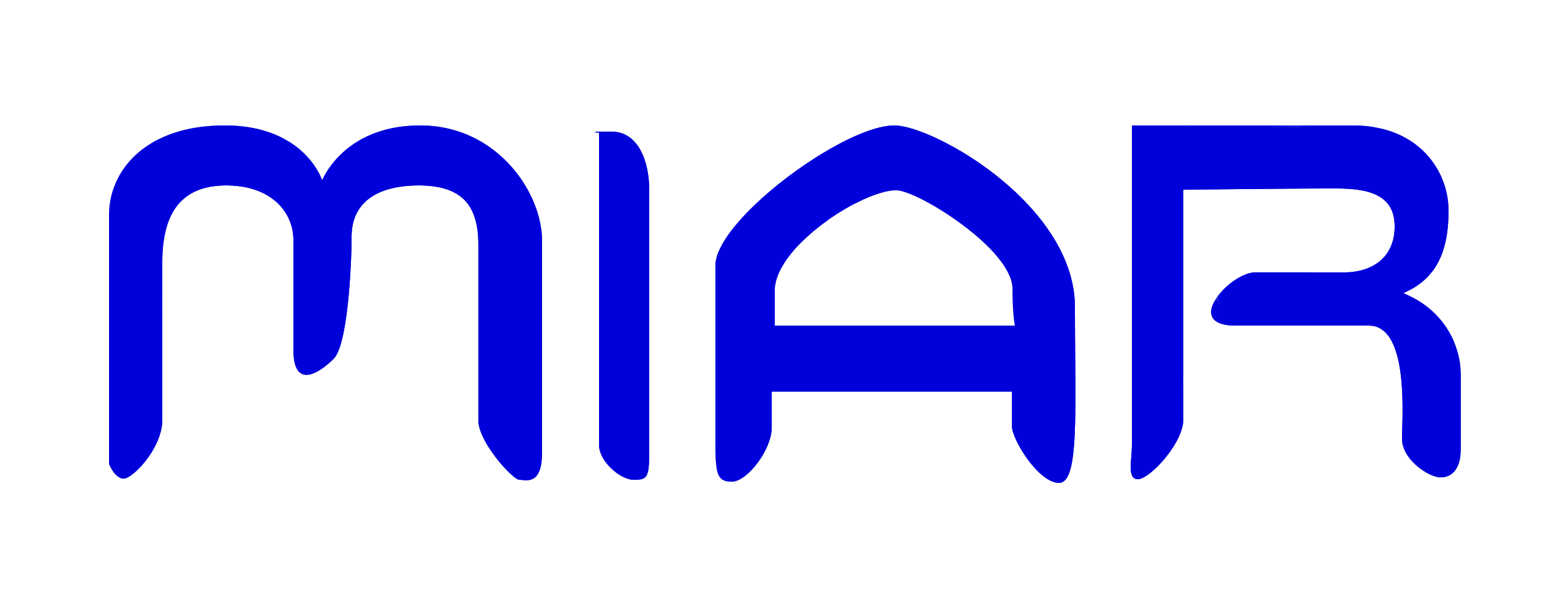Desafíos pendientes de la divulgación en el ámbito de la educación inclusiva universitaria en Chile
DOI:
https://doi.org/10.35588/rp.v6i16.5357Palabras clave:
barreras de aprendizaje, divulgación, discapacidad, cultura inclusivaResumen
El presente artículo de divulgación tiene como finalidad mostrar una experiencia de la Facultad de Ciencias de la Salud de la Universidad de Atacama en la que se propusieron estrategias para disminuir las barreras de aprendizaje que enfrenta el alumnado en situación de discapacidad. A partir de un trabajo metodológico basado en el principio de la investigación-acción, se trabajó de forma simultánea tanto la producción de conocimientos como la promoción de cambios en la práctica vinculadas con la cultura inclusiva. Concretamente, se utilizaron diferentes métodos de producción de información y transformación, que incluyeron encuestas y entrevistas. Los resultados arrojaron que los académicos presentan una deficiente preparación en temáticas de educación inclusiva, y que no tienen acceso a información oportuna y vigente en esta materia a nivel institucional. Se discute la importancia del acceso a la información científica veraz por parte de la comunidad, y el papel que juega la divulgación del conocimiento en este escenario.
Descargas
Referencias
Booth, T., Ainscow, M., Black-Hawkins, K., Vaughan, M. y Shaw, L. (2002). Índice De Inclusión. Desarrollando el aprendizaje y la participación en las escuelas. http://www.daemcopiapo.cl/Biblioteca/Archivos/INDICE_INCLUSION.pdf
Castellano, B. (1999). Perspectivas contemporáneas en torno al aprendizaje [Archivo PDF]. file:///C:/Users/Yuli/Downloads/Perspectivas%20contempor%C3%A1neas%20en%20torno%20al%20aprendizaje.pdf
Decreto 201 de 2008. [con fuerza Ley]. Por medio del cual se promulga la Convención de las Naciones Unidas sobre los Derechos de las Personas con Discapacidad y su Protocolo Facultativo. 17 de septiembre de 2008. D.O. N°.39.166.
Departamento de Evaluación, Medición y Registro Educacional, (2018). Informe Técnico Proceso de Admisión. Chile. https://demre.cl/estadisticas/documentos/informes/2018-informetecnico-psu.pdf
Elliot, J (1990). La investigación- acción en educación. Madrid: Ediciones Morata S.A.
Ley 20.422 de 2010. Establece normas sobre igualdad de oportunidades e inclusión social de personas con discapacidad. 10 de febrero de 2010. D.O. No 39.583.
Ley 20.069 de 2012. Establece medidas contra la discriminacion . 24 julio 2012. D.O. No 40.319.
Ley 21.091 de 2010. Sobre Educación Superior. 29 mayo 2010. D.O. No 42.068.
Museo Picasso Málaga. 24 de noviembre de 2014. Angél Pérez. La inclusión en la escuela. [https://www.youtube.com/watch?v=VXoUUtsNQqs]
Olmos, A., Romo, M. y Arias, L. (2016). Reflexiones Docentes sobre inclusión educativa. Relatos de experiencia pedagógica sobre la diversidad universitaria. Revista Latinoamericana de Educación Inclusiva, 10(1). <http://www.scielo.cl/scielo.php?script=sci_arttext&pid=S0718-73782016000100012&lng=es&nrm=iso>.ISSN 0718-5480. http://dx.doi.org/10.4067/S0718-73782016000100012.
Organización de las Naciones Unidas, Asamblea General (13 de diciembre 2006). Protocolo facultativo de la Convención sobre los Derechos de las Personas con Discapacidad. https://www.un.org/development...rsonas-con-discapacidad-2.html
UNESCO, (1994). Declaración de Salamanca y Marco de Acción sobre Necesidades Educativas Especiales. Conferencia Mundial sobre necesidades educativas especiales: ACCESO y CALIDAD. Salamanca, España: UNESCO
UNESCO, (2015). Agenda 2030. Declaración de Incheon. https://es.unesco.org/
Universidad de Atacama. (2004). Reglamento General de Estudio. www.uda.cl
Universidad de Atacama. (2006). Modelo Educativo. https://uda.cl/
Universidad de Atacama. (2015). Plan de desarrollo estratégico. https://uda.cl/
Descargas
Enviado
14-01-2022Publicado
Número
Sección
Licencia
Derechos de autor 2022 Héctor Mellado López

Esta obra está bajo una licencia internacional Creative Commons Atribución 4.0.









